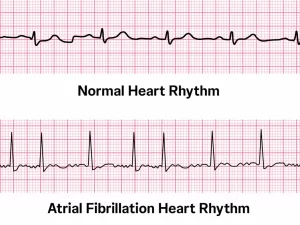Medicare imposters want to steal your money. Don’t let them.
By Brenda Melara
Pop quiz: If someone calls you asking for your bank account number, should you give it to them?
Answer: Never. Hang up — it’s a scam.
We’ve heard about different kinds of imposter scams on the rise. In one scenario, scammers call, pretending to work for Medicare. They say they need to verify your bank account number — and it might sound convincing. Some callers may even know the first few numbers of your account, and say you just need to verify the rest. But if you fill in the blanks, you’re giving them access to your money — and their goal is to steal it.
The callers may say they lost your information and need it to deposit funds, provide additional benefits, or send you a new Medicare or prescription card. They assure you there’s no charge, and act like it’s an urgent matter — that your benefits will be cut off if you don’t give them your bank account information right away.
In truth, it’s all a trick to steal your money. Medicare will never call you and ask for your bank account information.
So the next time you get a call like this, here’s what to do:
• Don’t give out your bank account number — or any part of your Social Security number.
• Simply hang up the phone.
• Report your experience at 1-877-272-8720 or go to www.stopmedicarefraud.org.
• If you have questions about your Medicare benefits, call 1-800-MEDICARE.
This project was supported, in part by a grant (Nos. 90MP194-01-01, 90MP0196-01-00 and 90MP195-01-04), from the U.S. Administration for Community Living, Department of Health and Human Services, Washington, D.C. 20201. Grantees undertaking projects under government sponsorship are encouraged to express freely their findings and conclusions. Points of view or opinions do not, therefore, necessarily represent official Administration for Community Living policy.


